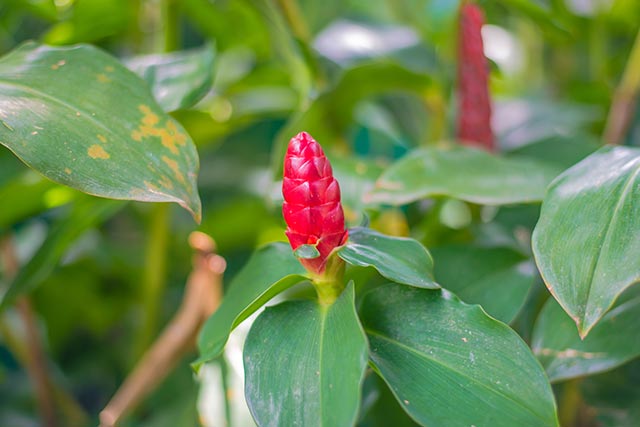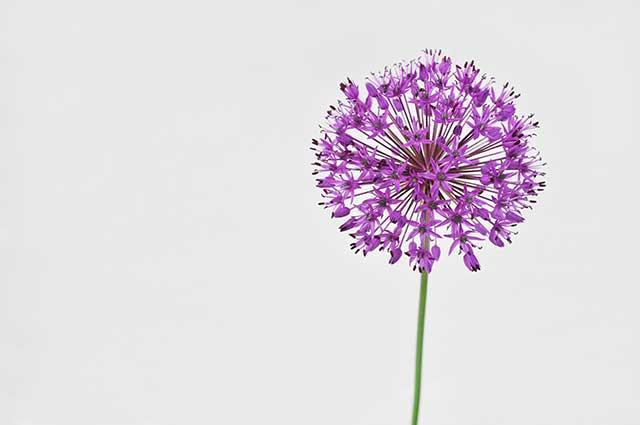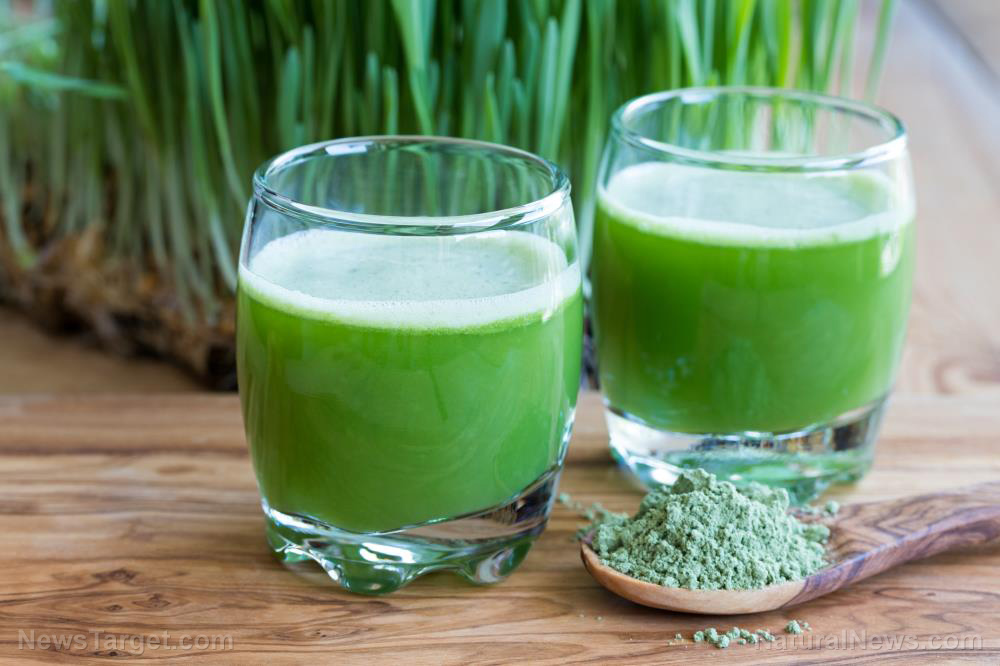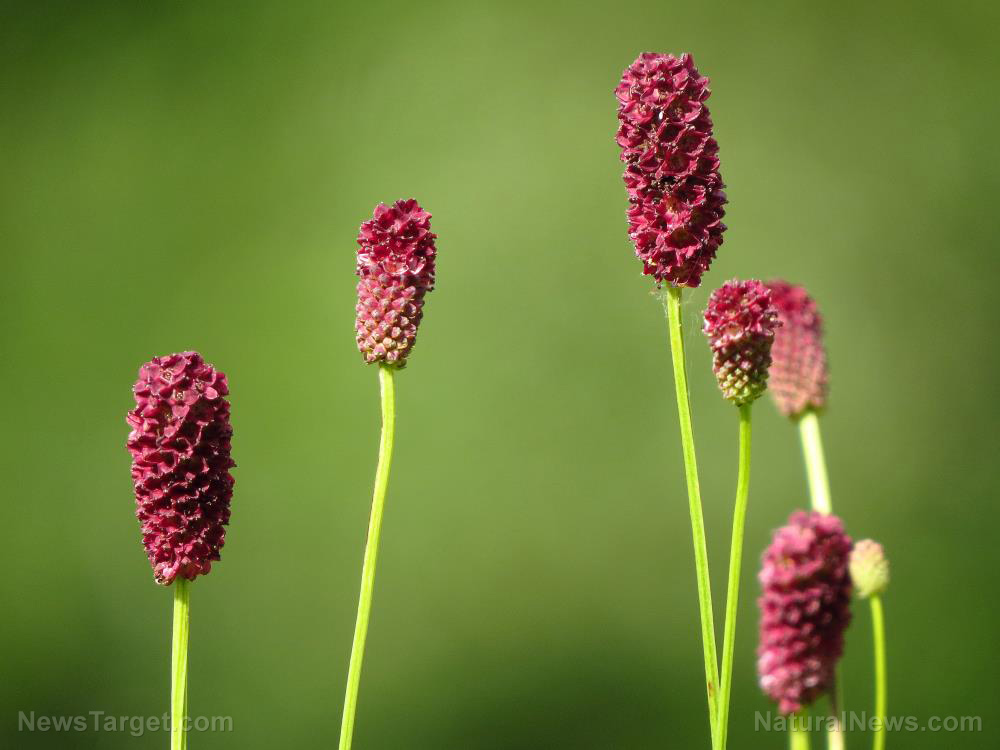Botanical interventions for low-risk skin cancers
02/26/2020 / By Evangelyn Rodriguez

A researcher from Bastyr University in Washington reviewed various botanical interventions that are used to protect against sun damage — the primary cause of skin problems. The article was published in the journal Alternative and Complementary Therapies.
- Low-risk skin cancers and pre-cancers are common skin ailments that primarily affect individuals with fair skin.
- These types of skin lesions can often be seen in areas of the skin that receive the most sun exposure.
- Current treatments include surgery and cryotherapy; the use of oral or topical chemotherapeutic agents is less common for these skin problems.
- However, surgery and cryotherapy tend to leave lasting scars, and skin cancers treated with either have a high rate of recurrence.
- On the other hand, products derived from plants have demonstrated effectiveness as treatments for actinic keratoses.
- These products have minimal side effects, cause very little scarring and prevent cancers from recurring.
- Examples of these include oleogel from Betula spp. (birch) and ingenol mebutate from Euphorbia peplus (garden spurge).
- The use of other herbs, such as Hypericum perforatum (St. John’s wort), Camellia sinensis (green tea), Curcuma longa (turmeric), and Vitis vinifera (grape seed), is also supported by pre-clinical evidence.
The researcher believes that these herbs have other health benefits and can be incorporated into a skin care regimen with minimal risk for the prevention of sunlight-induced pre-cancerous skin lesions.
Read the full study at this link.
Journal Reference:
Zimmerman C. HERBS FOR LOW-RISK SKIN CANCERS AND PRECANCERS. Alternative and Complementary Therapies. 04 June 2019;25(3):163–166. DOI: 10.1089/act.2019.29219.czi
Tagged Under: alternative medicine, botanicals, cancer cures, Cosmetics, disease treatments, herbal medicine, Herbs, natural cures, natural medicine, research, skin cancer, skin health


















